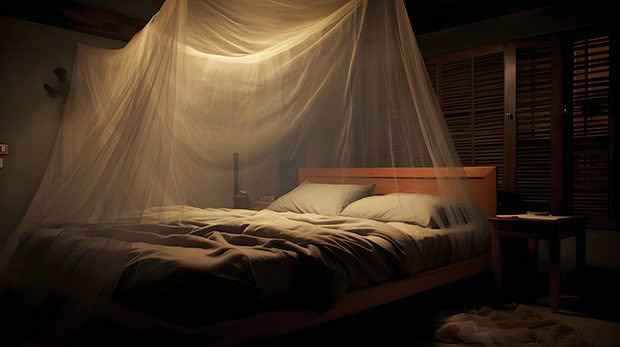Polly Greeks: Creepy-crawly innovations

Rather than being bugged out by creepy-crawlies, Polly perceives the potential for additional income.
Words: Polly Greeks
By all accounts, an entomological apocalypse is unfolding under our noses. Insects are in such sharp decline that C-words have been activated — catastrophic, cataclysmic, calamitous, critical, take your pick. Fleas and wasps aside, surely, insects are a force on which Earth depends and an incoming “insectageddon” would leave us, ahem, buggered.
I’m not sure how I tumbled into the Disappearing Invertebrate Facebook algorithm. Still, the change was initially welcome after all the footage of freak ocean waves I’d previously been subjected to.
Suddenly, online commentary was abuzz with dragonflies, honeybees, and butterflies, or rather, their lack. Across the world, night blizzards of moths that smeared windscreens of old were just nostalgic memories. People with meadows reported a conspicuous absence of winged creatures and the clacking roar of cicadas was wistfully recalled by urbanites now more familiar with the chirp of car alarms.
In the dishing out of business-innovation genes, my ancestors did not score particularly well. We have other skills — we can touch our noses with our tongues, for example — but the lineage of ancient Greeks I hail from has not blazed a trail in any commercial sphere.
However, in between slapping at mosquitoes and sandflies, tipping out gumboots each morning to clear wayward wētā, swatting fearfully at white-tail spiders, fishing water boatmen from the outdoor bath, hating on white butterflies and kūmara-mining crickets, furtively picking cooked caterpillars off plates of steamed garden greens, dodging wasps and harvesting buckets of honey from hives, I began to view our valley of critters as a stinging, biting goldmine.
Sharp as a razor, I spotted a niche pocket of growth. “The Insect Ark,” I whispered one night in bed. Beside me, my husband James caressed my arm with admiring affection. At least, I thought he did. When his finger traced along my inner thigh, I surmised his prospective market returns were aroused.
Suddenly, however, a sixth sense saw me slapping my leg, whipping back the bedclothes, and snapping on my headlamp in a sadly well-practised choreography.
“What is that?” I squeaked.
That was a prehistoric-looking critter, the size of a corn kernel, but grey and oddly downy. It froze almost endearingly, but was it responsible for the mystery bites I sometimes wake with? Unfazed, James threw it over the mezzanine railing. It clunked on the tiles below, where I imagined it sighed at the prospect of the long climb back up. It was obviously a scout because, in the following weeks, its relatives began dropping in like I was some kind of after-hours mega-mall to peruse.
Insect identification apps were baffled by the pictures I took, but finally, a name was revealed. The juvenile long nosed kauri weevil was in the ‘hood.
“This is a pathway to growth,” I declared. Thinking I was working on my insect equanimity, James nodded encouragingly. He believes I’m bitten and stung more than him because I give off the enticing fear vibe. But I was exercising market agility.
Surely, if some people’s idea of fun is to stay in haunted houses hoping for nocturnal terror, there were big bucks in the bedtime experiences we could offer. Not only can we boast weevils, but the fragmented exoskeletons found at the bottom of the bed on sheet-changing days suggest millipedes, moths and other six-legged creatures also scale our corporal geography while we’re asleep. The three giant centipedes we’ve encountered between the sheets are definitely added value.
So far, tourist uptake on the Insect Ark has been surprisingly slow. Still, once people tune into a post- insect world’s terrible, silent stillness, business will boom in our hexapod invertebrate-infested forest.
“We’re just ahead of our time,” I comfort the children, hoping to supplement their pocket money by renting out their bustling beds. They’re designing a mail-order catalogue of essential critters as a home-schooling project. Exporting insects seems a more profitable future than the career path of human pollinators opening up globally. In the meantime, sharp as a falcon, I’ve swooped on the brainwave of acquiring a mosquito net. It only took me 13 years to think of it.
 This article first appeared in NZ Life & Leisure Magazine.
This article first appeared in NZ Life & Leisure Magazine.
